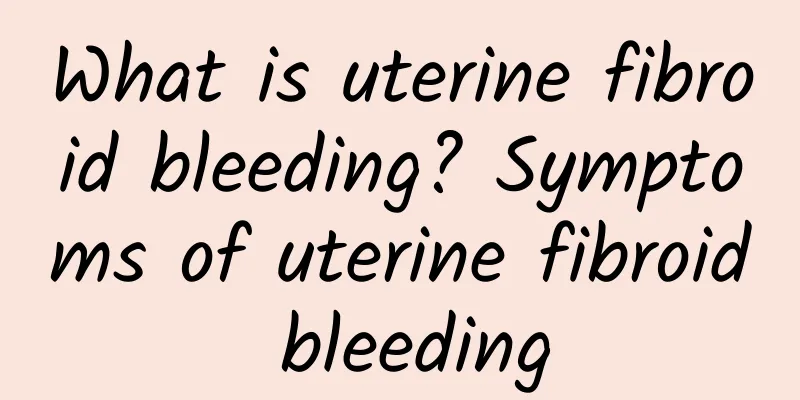How to treat chronic pelvic inflammatory disease

|
Chronic pelvic inflammatory disease is a common gynecological disease that affects the quality of life of many women. To effectively treat chronic pelvic inflammatory disease, we first need to identify the cause so that we can prescribe the right medicine. Usually, the treatment of chronic pelvic inflammatory disease includes medication, physical therapy, and lifestyle adjustments. Drug treatment is one of the main means of chronic pelvic inflammatory disease. Doctors usually prescribe antibiotics to control the infection according to the patient's specific situation. The choice of antibiotics needs to be determined based on the results of bacterial culture and drug sensitivity tests to ensure the effectiveness of the drugs. At the same time, anti-inflammatory drugs may also be used to relieve inflammation and pain. Doctors may recommend the use of Chinese medicine for auxiliary treatment to enhance the overall efficacy. Physical therapy is also an important part of the treatment of chronic pelvic inflammatory disease. Through physical therapy, the blood circulation in the pelvis can be improved, and the absorption and disappearance of inflammation can be promoted. Common physical therapy methods include hot compresses, ultrasound therapy, shortwave therapy, etc. These methods can help relieve pain, relieve symptoms, and speed up the recovery process. Lifestyle adjustments also play a vital role in the treatment of chronic pelvic inflammatory disease. Maintaining good personal hygiene habits, especially menstrual hygiene, is an important measure to prevent and treat pelvic inflammatory disease. Pay attention to a balanced diet and eat more foods rich in vitamins and minerals to enhance immunity. Appropriate physical exercise can improve the body's resistance and help the body better fight inflammation. For patients with chronic pelvic inflammatory disease, psychological adjustment should not be ignored. Long-term chronic pain may cause anxiety and depression, affecting the treatment effect. Maintaining a positive and optimistic attitude, communicating with family and friends, and seeking psychological support are also important parts of the treatment process. The treatment of chronic pelvic inflammatory disease requires a comprehensive, multifaceted strategy. Through medication, physical therapy, and lifestyle adjustments, patients can effectively control symptoms and improve their quality of life. Of course, regular follow-up is required during treatment, and the treatment plan should be adjusted in a timely manner to achieve the best treatment effect. I hope these suggestions can provide some help and inspiration for patients with chronic pelvic inflammatory disease. |
<<: Things that can cause miscarriage if a pregnant woman touches them
>>: Specific drugs for treating amenorrhea
Recommend
Fresh items for wedding banquet return gifts! New fragrant rice peony blossom double pillow
The God of Joy is coming! How to give a wedding g...
How many days of hospitalization for ectopic pregnancy surgery
How many days of hospitalization is required for ...
Treatment for vulvar itching
What are the good ways to treat vulvar itching? V...
Is uterine effusion a disease?
Uterine effusion may be physiological or patholog...
What should I do if my period hurts?
What should I do if my period hurts? Menstrual pa...
What are the abnormal symptoms of menstruation before menopause?
Symptoms of abnormal menstruation before menopaus...
Symptoms of cervicitis erosion
Cervicitis is a common disease in women of childb...
Common methods for diagnosing vulvar leukoplakia
Vulvar leukoplakia is a disease that is not easy ...
Can hyperprolactinemia be completely cured?
Hyperprolactinemia is a type of female disease th...
Singapore: Drinking more tea can effectively prevent dementia in middle-aged and elderly people
After centuries of exchange, tea has become a wor...
What is a physiological ovarian cyst? How to treat a mild ovarian cyst?
What about physiological ovarian cysts? How to tr...
More attention should be paid to the nursing work of ovarian cysts
It is very important to take good care of ovarian...
There is nothing wrong with loving sweets. Happy Rose Double Fruit Tart does not make you fat.
Do you feel a sense of happiness when you eat des...
How to treat cervical erosion without affecting fertility? Unmarried women are recommended to use 5 methods to treat cervical erosion
In life, cervical erosion is very aggressive and ...
How to diagnose spontaneous abortion?
How to check and confirm spontaneous abortion? If...









